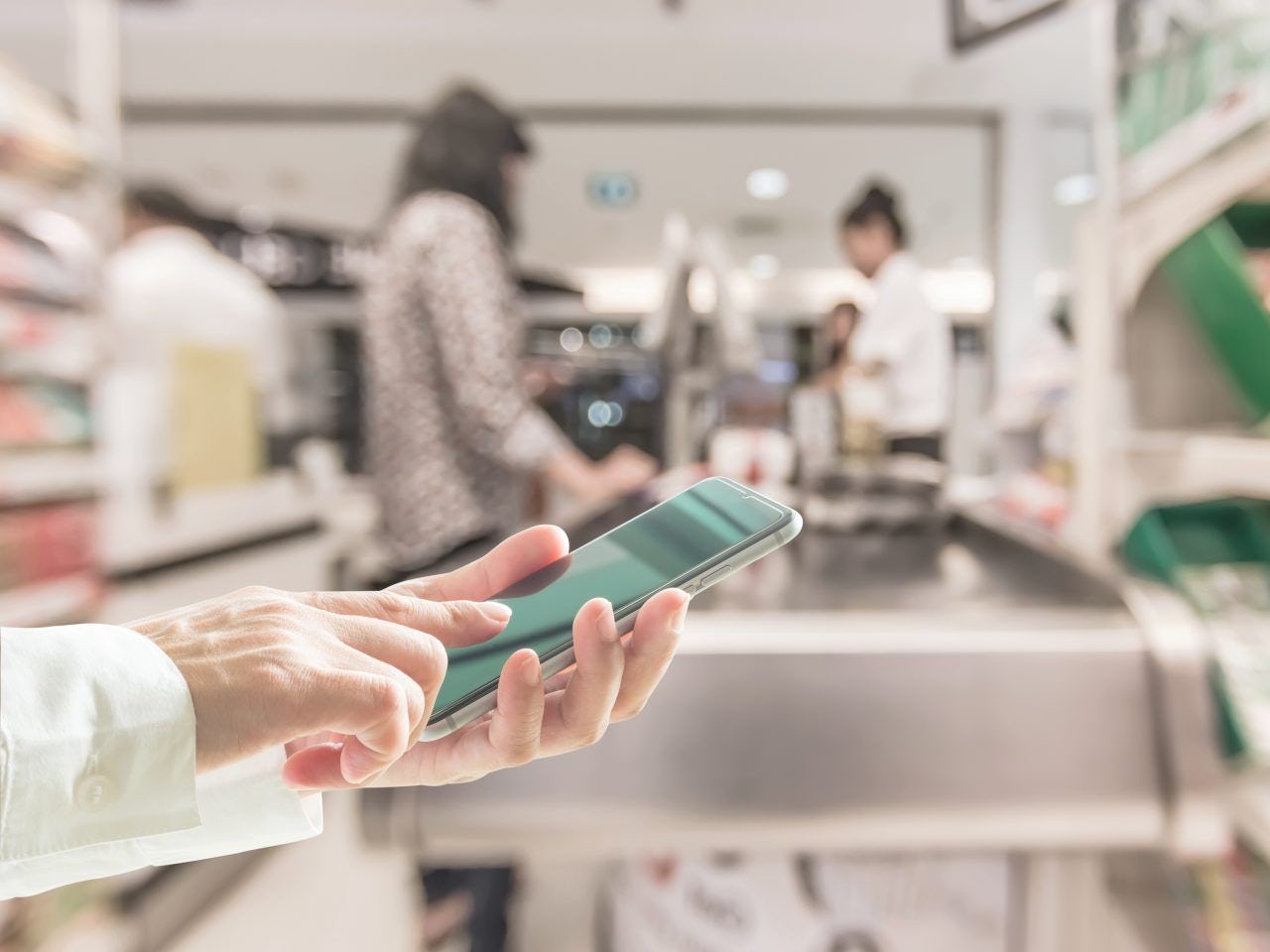Brands often talk about marketing in Greater China. However, considering the strong cultural differences in the different markets that constitute Greater China, which includes China, Hong Kong, Macau, and Taiwan, firms can run into issues of being politically or culturally deaf. These kinds of missteps can lead to long-term damage to a brand and its marketing efforts.
Perhaps most notably is Hong Kong, which is governed through the policy of “one country, two systems” by the Chinese government. Business development and operations are under very different legal, economic, and culturally constraints than the mainland. Hong Kong maintains its own passport, currency, police force, and legal system, and the city's business environment is characterized by low tax rates, free trade, and less government interference as compared to the mainland.
Just as significant, are cultural differences that lead to dramatically different consumer behavior. A joint report from KPMG China and GS1 Hong Kong decoded some of these key differences in consumption habits by surveying 500 consumers each from Hong Kong and mainland China. We have selected the most significant of the report's conclusions and highlighted the challenges and opportunities luxury brand marketers need to understand today:
Top popular social media sites: Facebook in Hong Kong vs. WeChat on mainland China#
Because the internet in Hong Kong isn’t censored, people can still access Facebook, Twitter, and other popular Western social media platforms. That’s why when it comes to social media channels, Facebook is the top social media platform used by Hong Kong consumers. 57 percent of Hong Kong consumers engage with brands via Facebook and 48 percent of them make purchases from there. WeChat is the most popular platform for mainland Chinese consumers, with 65 percent and 60 percent of the surveyed respondents using the app for engagement and purchases respectively.
Jing Daily take:
Brands can access a much larger market via WeChat, with close to 1 billion users in 2017 according to Statista data. Conversely, Facebook only has 3.56 million users in Hong Kong. However, the consumer data that can be collected is much more limited on WeChat compared to Facebook. Brands simply have a better opportunity to learn about their audience and potential customers in Hong Kong through Facebook than on mainland China through WeChat.
Hong Kong millennials are more comfortable with online payments#
Hong Kong millennials appeared to be less worried about online payment security in 2017 than before. In the survey, only 29 percent of respondents expressed concerned about online payment security, compared to 40 percent in 2016. This suggests that the next generation of consumers in Hong Kong are placing more trust in the security of online and alternative payment platforms, and that the efforts of payment providers to upgrade their online security capabilities are starting to reap rewards.
Jing Daily take:
The future of e-commerce development looks bright as Hong Kong millennials represent the future of luxury consumers in the region. These findings underline how crucial it will be to provide quality, secure online payments for consumers in Greater China.
Demand for online shopping in Hong Kong plays catch-up with the mainland#
While demand for online shopping is growing in Hong Kong, it is still lagging behind growth in China. While mainlanders are more comfortable with online shopping and are relatively experienced with spotting fakes online, Hong Kong consumers are overall less confident about e-commerce. For Hong Kong consumers, the inability to assess the quality of a good online prior to purchase was the most cited reason for avoiding online shopping. In addition, mainland customers purchase products from all categories online. Whereas travel, entertainment, and fashion remain the most popular categories for Hong Kong customers.
Jing Daily take:
This data should not distract brands from the fact that online shopping is growing in Hong Kong. According to Statista, the number of online shoppers in Hong Kong will grow to 5.35 million by 2021, with each spending an average of 1021.81 online. While the e-commerce potential of customers in Hong Kong grows, brands need to be more sensitive to concerns of Hong Kong consumers. One of the priorities of their local Hong Kong market strategy should be bridging the gap between online and offline. In fact, among the 162 Hong Kong CEOs that KPMG interviewed, the development of more integrated O2O strategies was a priority for 46 percent in 2017, up from 17 percent in the previous year.



